Chaya T. Halberstam: Trial Stories in Jewish Antiquity [PDF]
$89.65
- Size Guide
Size Guide
DRESSEST-SHIRTBOTTOMSDRESSESSize Chest Waist Hips XS 34 28 34 S 36 30 36 M 38 32 38 L 40 34 40 XL 42 36 42 2XL 44 38 44 All measurements are in INCHES
and may vary a half inch in either direction.
T-SHIRTSize Chest Waist Hips 2XS 32 26 32 XS 34 28 34 S 36 30 36 M 38 32 38 L 40 34 40 XL 42 36 42 All measurements are in INCHES
and may vary a half inch in either direction.
BOTTOMSSize Chest Waist Hips XS 34 28 34 S 36 30 36 M 38 32 38 L 40 34 40 XL 42 36 42 2XL 44 38 44 All measurements are in INCHES
and may vary a half inch in either direction.
- Delivery & Return
Delivery
Store delivery FREE
1-3 working days
Home or collection point from £35.00 FREE
On all your orders for home or collection point delivery
Returns
Return
We will accept exchanges and returns of unworn and unwashed garments within 30 days of the date of purchase (14 days during the sales period).
Returns in store FREE
Your return will usually be processed within a week to a week and a half. We’ll send you a Return Notification email to notify you once the return has been completed. Please allow 1-3 business days for refunds to be received to the original form of payment once the return has been processed.
- Ask a Question
What can early Jewish courtroom narratives tell us about the capacity and limits of human justice? By exploring how judges and the act of judging are depicted in these narratives, Trial Stories in Jewish Antiquity: Counternarratives of Justice challenges the prevailing notion, both then and now, of the ideal impartial judge. As a work of intellectual history, the book also contributes to contemporary debates about the role of legal decision-making in shaping a just society. Chaya T. Halberstam shows that instead of modelling a system in which lofty, inaccessible judges follow objective and rational rules, ancient Jewish trial narratives depict a legal practice dependent upon the individual judge’s personal relationships, reactive emotions, and impulse to care. Drawing from affect theory and feminist legal thought, Halberstam offers original readings of some of the most famous trials in ancient Jewish writings alongside minor case stories in Josephus and rabbinic literature. She shows both the consistency of a counter-tradition that sees legal practice as contingent upon relationship and emotion, and the specific ways in which that perspective was manifest in changing times and contexts.
| 5 |
|
0 |
| 4 |
|
0 |
| 3 |
|
0 |
| 2 |
|
0 |
| 1 |
|
0 |
You must be logged in to post a review.
Related Products
Telling Our Stories investigates the continuities and divergences in selected Black autobiographies from Africa, the Caribbean, and the United States. The stories of slaves, creative writers, and …

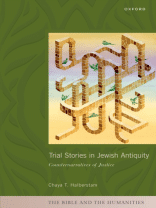
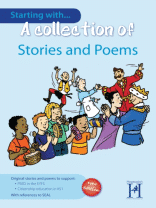


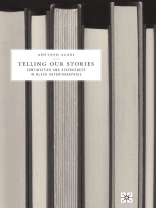
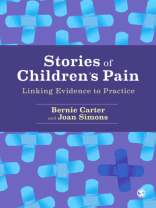


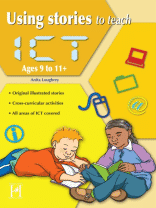

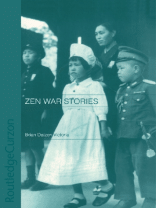
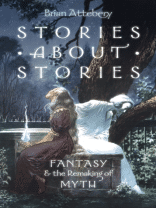

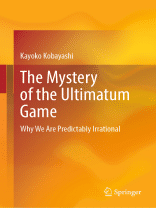
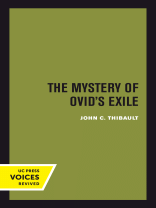

Reviews
There are no reviews yet.